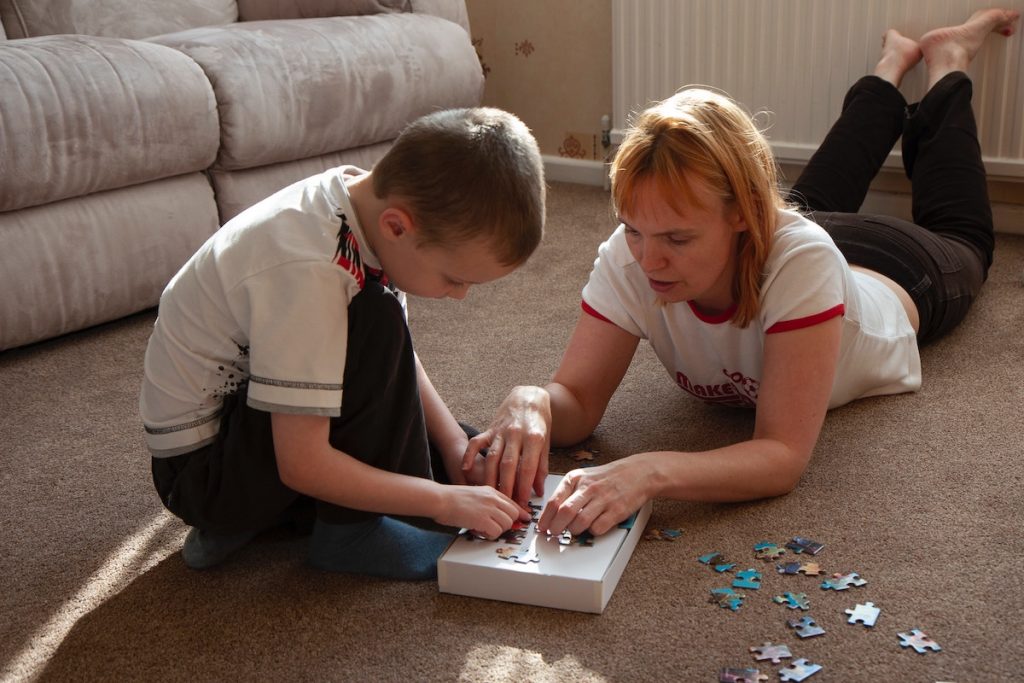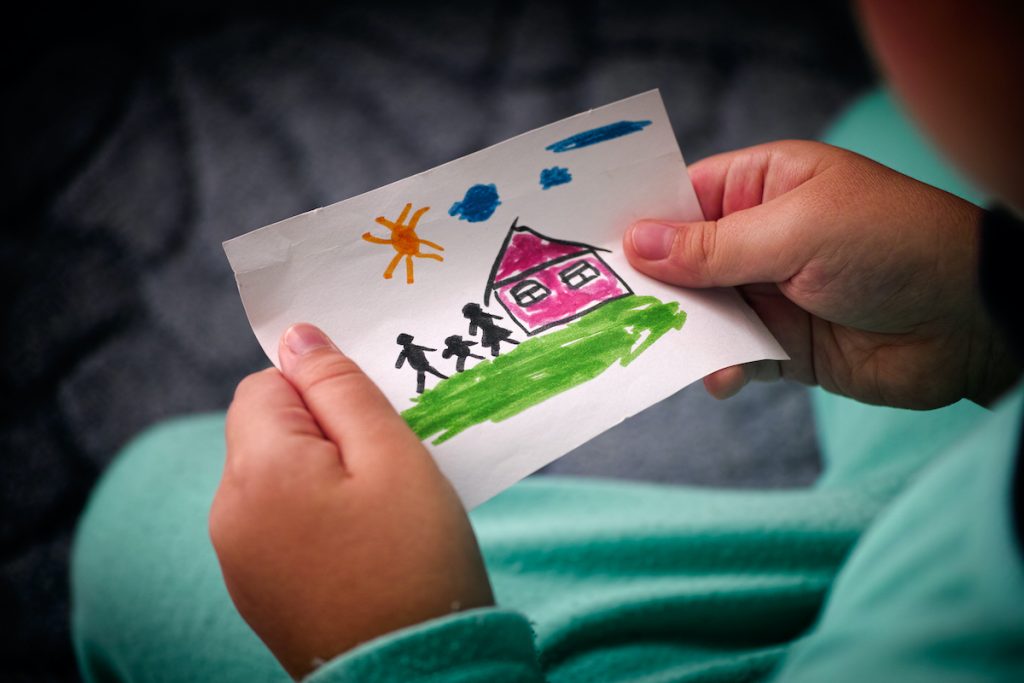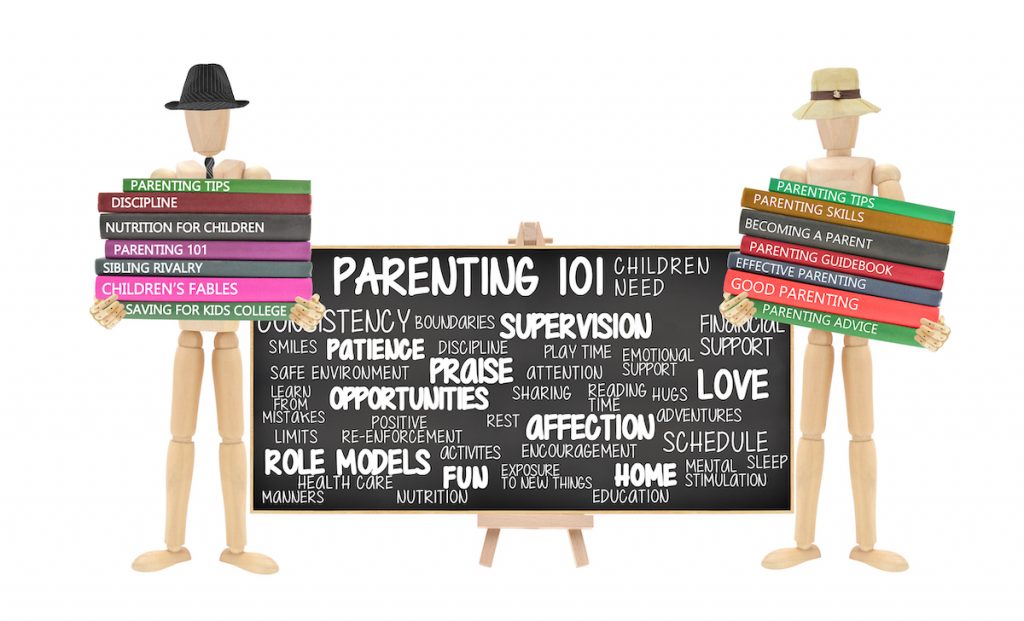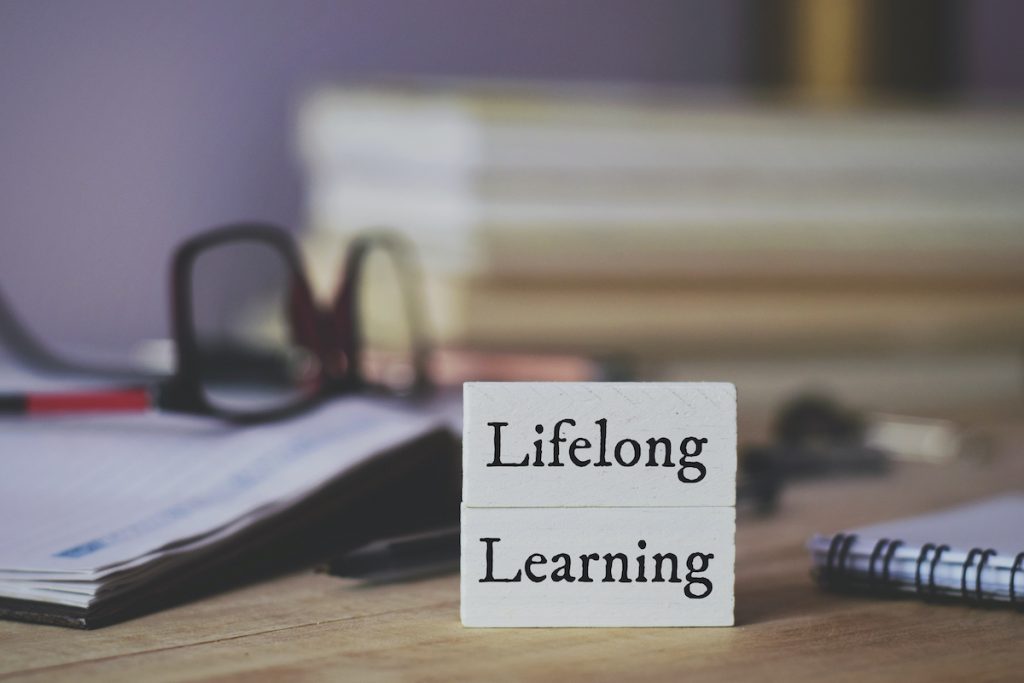Poor high quality institutional little one rearing, such because the Romanian orphanages which have been commonplace within the Eighties and Nineties, could be thought of a extreme type of little one neglect. These orphanages have been severely depriving environments, through which little social and emotional stimulation was offered, resulting in detrimental penalties on youngsters’s well being and wellbeing.
Analysis following up on youngsters from Romanian establishments who have been later adopted has taught us so much in regards to the impression of early adversity on psychosocial improvement. An instance is the English and Romania Adoptees (ERA) examine (Rutter et al., 2010) which has examined the impression of being adopted into prosperous, caring UK households because the early Nineties.
The ERA examine confirmed proof of ‘deprivation-specific psychological issues’ within the adoptees. Those that skilled greater than six months of institutional deprivation had, on common, increased ranges of social communication issues, social disinhibition, difficulties with consideration, and impairments in cognitive capacity in childhood (Rutter et al., 2010). Many of those issues proceed into younger maturity and predict poorer outcomes, for instance, decrease charges of unemployment, decrease instructional attainment, and extra psychological well being issues (Sonuga-Barke et al., 2017). Importantly, that is all regardless of a few years in heat and loving households and excessive service utilisation.
Alongside this, little or no is understood in regards to the help wants of adoptees as they become older and tackle new roles, for instance, after they transition into being mother and father themselves. This can be particularly necessary on condition that care-experienced people usually tend to have their very own youngsters taken into care (Roberts, Meakings, Forrester, Smith, & Shelton, 2017) and extra common considerations across the inter-generational transmission of adversity.
This weblog presents an summary of two research (Edwards and Kennedy et al. and Edwards et al.) with the ERA households that cowl totally different points of help wants of younger grownup adoptees.

Extreme, extended deprivation has detrimental impacts on little one improvement, which continuously persist into later life.
Strategies
Semi-structured interviews have been performed with the adoptees (at round 25 years) and their adoptive mother and father.
15 households (14 Romanian adoptees who had grow to be moms, and 15 adoptive mother and father) have been requested in regards to the transition to parenthood and the positives and challenges within the first Edwards and Kennedy et al paper. As well as, 18 households (16 Romanian adoptees with elevated hyperactive and inattentive issues as youngsters, and 18 adoptive mother and father) have been requested about perceived help wants and what helped and hindered accessing help within the second Edwards et al. paper.
Interviews lasted round 30-40 minutes and have been recorded and later transcribed for evaluation. Themes have been drawn inductively from the interviews.
Outcomes
Two overarching themes have been generated on parenthood: 1) optimistic penalties, and a pair of) vital challenges, over and above common parenting challenges (typically involving care proceedings) for a minority (20%) of moms. Three overarching themes emerged on common help wants: 1) worries about adoptee’s future, 2) considerations about difficulties in decision-making in day by day life, and three) difficulties acquiring desired help.
For adoptees who grew to become moms, a way of connectedness and completeness and emotions of delight and achievement got here with having a relationship with a organic relative, which was typically for the primary time. Having a child introduced improved familial relationships with adoptive mother and father and better social connectivity with others. Turning into a father or mother additionally acted as a motivator for private progress, with moms turning into extra emotionally and financially impartial.
She’s met new mates in retailers or with nursery faculties and toddler teams. (Adoptive Guardian)
A typical theme that emerged from each units of interviews associated to struggles with day by day life abilities and figuring out penalties and dangers, making the adoptees susceptible to victimisation. This led to considerations about their capacity to stay independently, handle their very own funds, and acquire appropriate employment. For adoptees who had grow to be moms, this meant that adoptive mother and father or companions have been relied on for day-to-day help. In some circumstances, adoptive mother and father assumed a major caregiving position for his or her grandchild.
They’ve by no means had the talents… I imply she most likely may fill within the kind in, [they] simply don’t have the arrogance to do it. So we’ve to fill the shape in, undergo it with [them] after which get [her] to signal it. That type of factor is going on on a regular basis. (Adoptive Guardian)

Parenthood introduced many positives, however vital challenges have been skilled by a minority of the adoptees who grew to become moms.
Difficulties in acquiring acceptable assist and help have been typically skilled, and deprivation-related issues weren’t nicely understood. This led to pressure on adoptive mother and father and made adoptees much less prone to have interaction with interventions and companies sooner or later. The place speaking therapies have been accessed, this was typically considered as optimistic.
They have been struggling slightly bit at this and slightly bit at that and you may’t fairly label him as a result of he hasn’t fairly acquired complete dyslexia, he hasn’t acquired this and he’s not fairly acquired one thing else, so, due to this fact, he doesn’t fall in the fitting classes. However for those who take a look at him globally, there’s an individual there struggling daily who isn’t being helped. (Adoptive Guardian)
This additionally transpired into the transition to parenthood. Accepting recommendation and help from adoptive mother and father was difficult for a number of the moms leading to detrimental reactions. Involvement of social service was typically skilled as punitive, moderately than supportive.

Adoptees on this examine reported difficulties with day by day life abilities and felt that getting acceptable help was difficult.
Conclusions
For some, neurodevelopmental issues related to extreme, extended early deprivation persist into younger maturity and are a supply of impairment. These qualitative findings make a number of additions to what we all know. First, there seems to be a common lack of expertise amongst service suppliers round how these difficulties manifest and the issues they elevate, and consequently, individuals on this group wrestle to get acceptable help. Second, the difficulties described by the cohort primarily revolve round decision-making, acquiring employment, and managing impartial residing. Third, these issues impression the power to soundly father or mother, in a minority of circumstances. These findings additionally carry two messages of hope. One is that when acceptable help was obtained, it was typically seen as useful, and turning into a father or mother was related to a spread of necessary optimistic experiences.

Help companies ought to deal with the unmet wants of younger grownup adoptees by providing psychosocial interventions and educating life abilities.
Strengths and limitations
This is among the first explorations of the impression of extreme types of neglect on the adoptee’s transition into younger maturity. The usage of qualitative analysis strategies enabled the angle of each the younger grownup adoptee and their adoptive mother and father to be captured. The themes that emerged from these interviews led to the identification of latest areas of help, corresponding to difficulties with numeracy impacting monetary independence, that haven’t been beforehand reported in current analysis utilizing quantitative strategies.
There are limitations to the 2 research that the authors acknowledged. The pattern is a novel group of younger individuals who skilled time-limited excessive deprivation in youth earlier than being adopted into supportive, prosperous UK households. Because of this it’s considerably unclear whether or not findings immediately translate to adoptees with totally different experiences of adversity. Moreover, the interviews didn’t get hold of views on experiences of some points of help provision corresponding to schooling and legislation enforcement, so the findings could not generalise to those areas, or to help provision exterior of the UK. Lastly, the variety of adoptees and adoptive mother and father participating within the interviews was small in measurement, and different adoptees within the English and Romanian Adoptee examine could have totally different experiences.

Qualitative analysis strategies successfully captured the voices of the younger grownup adoptees and their adoptive mother and father.
Implications for follow
There are a number of key implications for follow and analysis. First, the examine highlights a spread of wants of younger grownup adoptees for which help was tough to acquire. One instance was difficulties in organisational abilities, which can be an end result of deprivation-specific issues. Nonetheless, there was a lack of awareness from companies about deprivation-specific points which meant wants weren’t being met. That is significantly regarding given the vulnerability of this group of younger individuals. Help companies ought to be in place to supply adoptees interventions all through maturity as they transition to extra impartial lives and tackle new roles. For instance, educating organisation and time administration abilities may very well be supplied, which is prone to have a optimistic impression on a number of points of their lives. The Adoption Help Fund which is accessible to cowl prices of therapeutic companies is just out there for adoptees up till the age of 21 years, or 25 years for these with an Training, Well being and Care Plan. There are some organisations that concentrate on supporting adults who have been adopted as youngsters, corresponding to Submit-Adoption Centre, however companies focus primarily on counselling. Different help companies addressing practical outcomes are required to help adults who have been adopted as youngsters.
Second, the examine urged {that a} minority of the adoptees who grew to become moms had vital difficulties with parenting. This highlights a gaggle of potential mother and father who could require extra help transitioning into parenthood and early tailor-made help may very well be offered by means of well being visiting companies, with an purpose of lowering later, extra pricey social service intervention.
Third, the analysis highlights the worth of utilizing qualitative strategies to discover adoptee’s experiences. Understanding the impression of neglect on improvement, and the emergence of neurodevelopmental difficulties is an under-studied space. Given neglect is the commonest cause youngsters enter care, additional analysis ought to be undertaken to assist perceive help wants. As well as, analysis that follows up adoptees into center and previous age ought to be performed to get a greater understanding of help wants as they age and transition into new life roles.

Adoptees have to be supported all through maturity as they transition to impartial lives and grow to be mother and father themselves.
Assertion of pursuits
Melanie Palmer is a postdoctoral analysis affiliate and Anna Wyatt is a analysis assistant, each within the Division of Adolescent & Little one Psychiatry, Institute of Psychiatry, Psychology & Neuroscience, King’s School London. They’re colleagues of the authors of the research, however had no involvement within the reported research.
The research symbolize impartial analysis half funded by the Nationwide Institute of Well being and Care Analysis (NIHR) Maudsley Biomedical Analysis Centre at South London and Maudsley NHS Basis Belief and King’s School London. The views expressed are these of the writer(s) and never essentially these of the NIHR or the Division of Well being and Social Care.
Take heed to the accompanying podcast
Hyperlinks
Main paper
Edwards, C., Kennedy, M., Knights, N., Kovshoff, H., Kreppner, J., Maughan, B., & Sonuga-Barke, E. J. (2023). When individuals adopted from severely depriving establishments grow to be mother and father: The experiences of younger grownup moms from the ERA examine and their adoptive mother and father. Adoption & Fostering, 47(4), 415-433. https://doi.org/10.1177/03085759231212500
Edwards et al. (2023) Neurodevelopmental issues in maturity following extreme early deprivation: A qualitative evaluation of medical wants and repair use experiences. Adoption and Fostering.
Different references
Roberts, L., Meakings, S., Forrester, D., Smith, A., & Shelton, Ok. (2017). Care-leavers and their youngsters positioned for adoption.Youngsters and Youth Companies Assessment, 79, 355-361. doi:10.1016/j.childyouth.2017.06.030
Rutter, M., Sonuga-Barke, E., Beckett, C., Citadel, J., Kreppner, J., Kumsta, R., . . . Gunnar, M. R. (2010). Deprivation-specific psychological patterns: Results of institutional deprivation. Monographs of the Society for Analysis in Little one Improvement, 75(1), i-253. Retrieved from http://www.jstor.org/stable/40608153
Sonuga-Barke, E. J. S., Kennedy, M., Kumsta, R., Knights, N., Golm, D., Rutter, M., . . . Kreppner, J. (2017). Little one-to-adult neurodevelopmental and psychological well being trajectories after youth deprivation: The younger grownup follow-up of the longitudinal english and romanian adoptees examine. The Lancet, 389(10078), 1539-1548. doi:10.1016/S0140-6736(17)30045-4
Early life deprivation, neurodevelopment, mental health and resilience: ERA study

